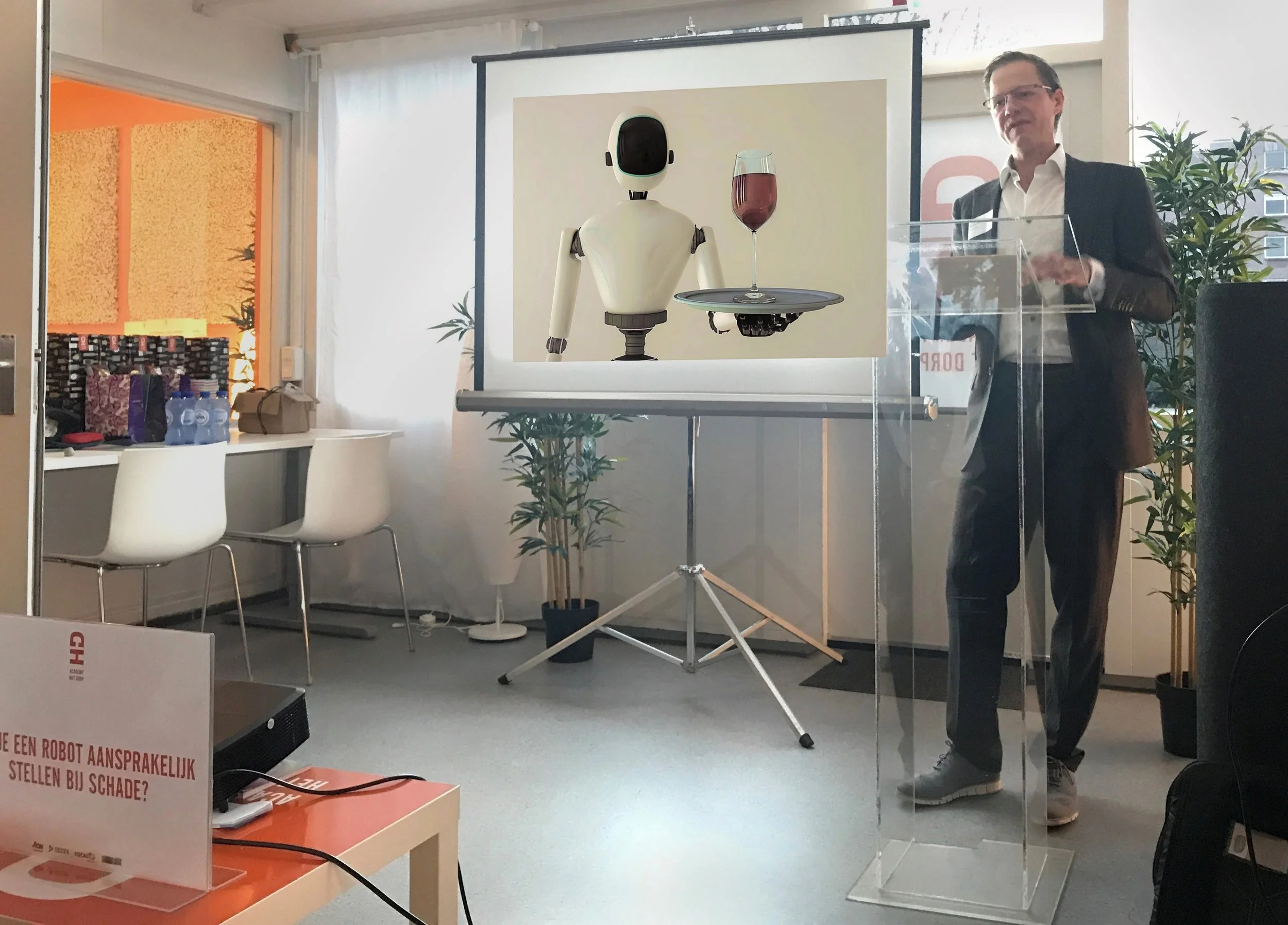Suzan Slijpen, Sander Ruiter en Mauritz Kop over AI in de Zorg
Op 31 oktober 2019 gaven Suzan Slijpen, Sander Ruiter en Mauritz Kop een cursus AI, Data, Privacy en Innovatie in de Zorg in het Maasstad Ziekenhuis Rotterdam. Wij waren daar te gast op uitnodiging van Quint Wellington Redwood, een leading consultancy firm die organisaties ondersteunt bij het ontwerpen en operationaliseren van hun digitale strategie waarbij mensen, processen en technologie centraal staan.
Gebruik van patiëntgegevens, medische hulpmiddelen, datadelen, privacy & AI in het ziekenhuis
Doel van cursus was om helderheid te scheppen in de wettelijke regels over het gebruik van patiëntgegevens, datadelen, eigendom van trainingsdatasets, medical devices, privacy en artificiële intelligentie in het ziekenhuis. AIRecht werd ingeschakeld om expertise te geven over dit complexe en uitdagende onderwerp. Om barrières weg te nemen voor innovatie. Onder de aanwezigen waren het Maasstad Ziekenhuis Rotterdam management team, de CISO (Chief Information Security Officer), enkele artsen, radiologen en verpleegkundigen. Ook waren er data scientists uitgenodigd van Parnassia Groep, specialisten in geestelijke gezondheid.
Keynote Digitale Zorg - Medical Devices, Patiëntdata, MDR & AVG
Nieuwe Europese regelgeving (MDR) voor Medical Devices waaronder zorgrobots, medische producten, hulpmiddelen en medische software vanuit een AI-helicopterview, die in 2020 in Nederland van kracht wordt. Verhouding tussen de AVG en de MDR. Gebruik en uitwisseling van patiëntdata, informatiebeveiliging en digitale zorg: wat mag er wel en niet op basis van de Europese Privacywetgeving (AVG/GDPR)?
Meer lezen






